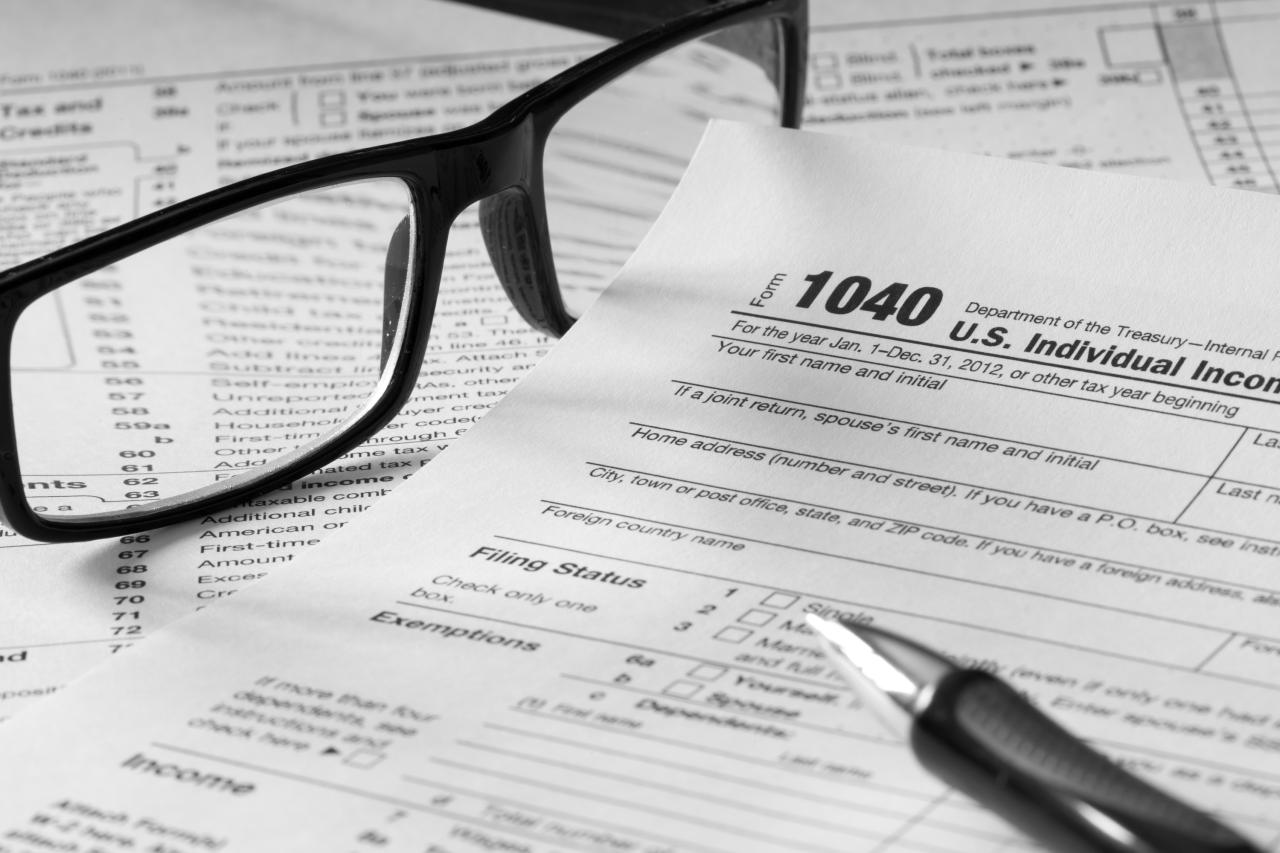As the 2024 tax season approaches, many taxpayers are wondering when the optimal time is to file their tax returns. While the official start date has not yet been announced by the IRS, there are compelling reasons to submit your taxes as early as possible.
Why You Should File Early
Filing your tax return early, rather than waiting until the last minute, offers several key advantages:
- Speed up refunds: By e-filing early and selecting direct deposit, you can get your refund in as little as 7–10 days rather than 4-6 weeks later in the season. That money could be used for debt payments, investments, or major purchases.
- Avoid delays: As the April 15 deadline nears, the IRS faces a surge of last-minute filings that can slow down processing times. Filing early ensures your return is processed quickly.
- Reduce stress: Completing your tax return early gives you more time to address any questions or issues, rather than scrambling as the deadline looms. You can file an amended return if needed.
- Lower fraud risk: Filing early beats fraudulent filers aiming to steal refunds. Submitting ASAP reduces this tax identity theft risk.
- Prepare for payments: If you owe taxes, filing early allows more time to plan and save instead of a last-minute scramble.
- Get financial aid information: Submitting taxes early gives you the adjusted gross income data needed for 2024–2025 FAFSA/college aid applications, usually available on October 1.
Gather tax documents like W2s and 1099s beginning in January so you have everything ready to file early!
When Can I File My 2024 Taxes?
While the IRS has not officially announced dates for the 2024 tax season, we can make educated guesses based on previous years:
- IRS Acceptance Date: Mid-January 2024 is likely, based on typical timelines.
- E-Filing vs. Paper: Paper filing opens later, but e-filing is faster.
- Tax Prep Services: CPAs and tax pros can assist with early filing starting in January.
- Filing Deadline: April 15, 2024, is the deadline, barring extensions.
- Extension Date: Oct 15, 2024, if Form 4868 is filed for an extension.
When tax day falls on a Saturday or Sunday, the filing date moves to the next business day. So Tax Day 2024 will likely be Tuesday, April 16, 2024, since April 15 is a Sunday.
How do I file early?
Follow these steps for stress-free early filing:
- Gather Documents: Have tax forms, receipts, and paperwork ready to go by mid-January.
- Choose e-File: Electronically file your taxes for faster processing.
- Use Direct Deposit: Input bank account details for a quick refund deposit.
- Review Carefully: Double and triple check for errors before submitting!
- Sign and Submit: Digitally sign and submit the completed tax forms.
User-friendly tax software like TurboTax can simplify preparation and e-filing!
What if I’m missing documents?
If you receive a late Form W-2 or other tax document after filing, you may need to amend your tax return. To do this:
- Submit Form 1040-X
- File before the April deadline
- Use e-file for faster processing
- You may get an additional refund!
Amending returns to include additional, missing, or corrected documents is common, so don’t stress!
You can amend returns with no penalties as long as it is done before the filing deadline.
Conclusion
Getting a head start on taxes leads to faster refunds, reduced fraud risk, less stress, and better financial clarity. As the 2024 tax season kicks off, gather documents early and aim to submit them by late January or early February. Seeking professional tax preparation assistance can also facilitate easy, early filing.
With the right preparation, you can conquer taxes in 2024 and reap the many perks of early submission!
Frequently Asked Questions
Below are answers to some common early tax filing questions:
When does the 2024 tax season start?
The 2024 tax filing start date hasn’t been announced yet by the IRS, but it is likely to begin accepting e-filed tax returns by mid-January 2024.
What are the benefits of early filing?
Filing early leads to faster refunds, reduced fraud risk, less stress, and more time to address any tax issues. It also gives you a head start on sourcing funds if you end up owing taxes.
When is the deadline to file 2024 taxes?
The filing deadline for submitting 2024 tax returns is April 15, 2025. However, since that date falls on a Sunday, Tax Day is likely to be April 16, 2025.
Can I file for an extension?
Yes, you can get an automatic 6-month extension to October 15, 2025, by filing Form 4868. Note that this extension is for filing your taxes only; any tax payments are still due on April 16.
